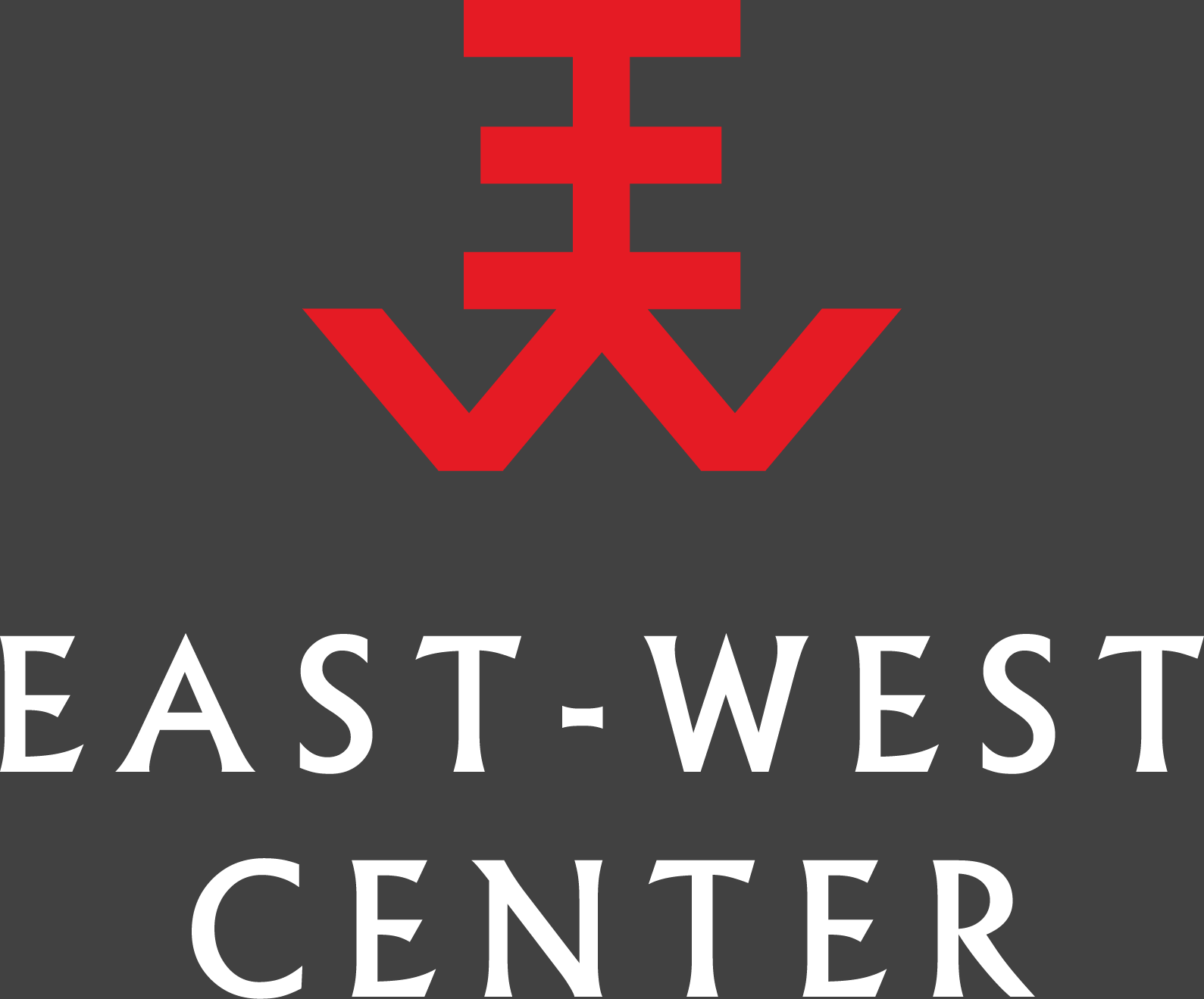►▼ Where is this data from?
This chart is based on data from the Statistical Bulletin of China's Outward Foreign Direct Investment, published annually by the Chinese Ministry of Commerce.
►▼ How reliable is this data?
This data likely tracks Chinese FDI in North Korea more accurately than UNCTAD tracks global FDI in North Korea. However, because the data is based on reporting by Chinese enterprises to the PRC Ministry of Commerce, it may contain inaccuracies due to misreporting or nonreporting. Furthermore, the Ministry of Commerce data does not account for Chinese FDI stocks in North Korea prior to 2003, even though Chinese FDI in North Korea took place before that year.
In some years of this dataset (especially 2009) reported Chinese FDI stocks in North Korea changed at a far different pace than reported Chinese FDI flows would indicate; the reason for these discrepencies are unclear.
►▼ How are FDI flows and stock defined?
As briefly defined by the OECD, "Foreign Direct Investment (FDI) flows record the value of cross-border transactions related to direct investment" over the course of a given year. FDI stocks represent the total level of foreign direct investment in a country at a given point in time -- the accumulation of FDI flows, as well as changes in the value of assets (such as depreciation).
►▼ What kind of Chinese enterprises have invested in North Korea?
A 2012 report by the Open Source Center identified 205 Chinese Joint Venture (JV) companies operating in North Korea from 2004 through 2011, while a 2014 analysis (Part I, Part II) based on data from China's Ministry of Commerce identified 187. The profile and scale of Chinese investors in North Korea varies considerably, but many share some common characteristics. According to a report by the U.S.-Korea Institute at SAIS, the majority of Chinese investors in North Korea are small- or medium-sized enterprises, and are either private companies or state-owned enterprises (SOEs) not controlled by the central government, such as provincial-, prefecture-, or municipal-controlled SOEs. Most of these firms are also based in the northeastern Chinese provinces bordering North Korea.
UN Security Council Resolution 2375, adopted in September 2017, prohibits new joint ventures ventures with North Korean entities and requires existing ones to close, unless granted an exemption by the UN.





